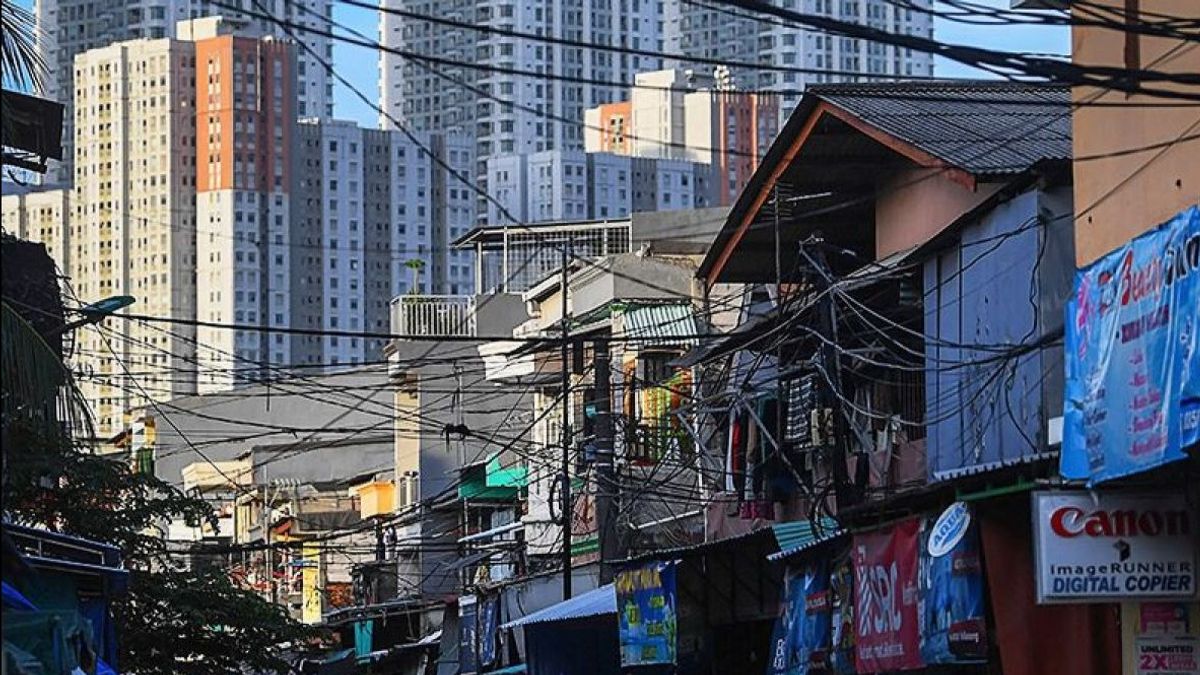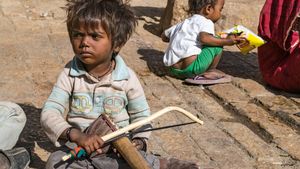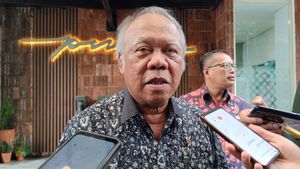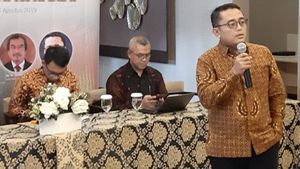JAKARTA - The Central Statistics Agency (BPS) noted that in March 2024 the level of inequality in Indonesia's population expenditure as measured using the Gini Ratio was 0.379.
Acting (Plt) Main Secretary of BPS Imam Machdi said that the level of inequality in Indonesia's population expenditure measured using Gini Ratio was 0.379, this figure decreased by 0.009 points when compared to Gini Ratio March 2023 which was 0.388 and decreased by 0.002 points when compared to Gini Ratio September 2022 which was 0.381.
"The level of inequality measured by the March 2024 Gini ratio is 0.379 or decreased compared to March the previous year," he said at a press conference in Jakarta, Monday, July 1.
For information, the value of the Gini ratio is between 0 and 1. The higher the value of the Gini ratio, the higher the inequality.
Imam said that the Gini ratio in urban areas in March 2024 was recorded at 0.399, down from the Gini ratio in March 2023 which was 0.409 and the Gini ratio in September 2022 which was 0.402.
Meanwhile, the Gini ratio in rural areas in March 2024 was recorded at 0.306, down from the Gini ratio in March 2023 and September 2022 which was 0.313.
"The level of inequality in urban areas is higher than rural," he said.
SEE ALSO:
Imam said that in the last 10 years the level of inequality had decreased by around 0.027 points. If viewed based on the inequality area in urban areas, it was higher but decreased faster than in rural areas.
In addition to the Gini ratio, another measure of inequality that is often used is the percentage of expenditure in the lowest 40 percent population or known as the World Bank size.
Based on the World Bank's inequality, the distribution of spending in the lowest 40 percent population is 18.40 percent. If detailed by area, in urban areas the figure was recorded at 17.41 percent. Meanwhile, for rural areas, the figure was recorded at 21.39 percent.
The English, Chinese, Japanese, Arabic, and French versions are automatically generated by the AI. So there may still be inaccuracies in translating, please always see Indonesian as our main language. (system supported by DigitalSiber.id)











